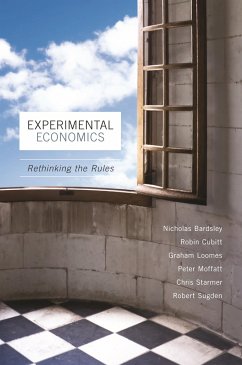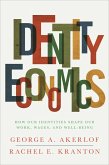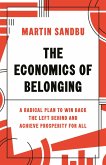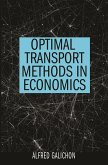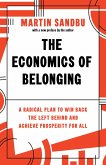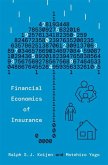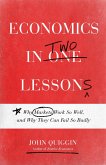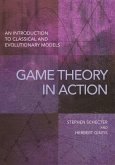"The authors of this book have pulled off a remarkable feat: a page-turner on experimental economics that will appeal to a wide audience. Noneconomists and nonexperimentalists will be treated to a fascinating introduction to the methods, philosophy, and controversy of this rapidly expanding area of research. Experimental economists will get a whole new perspective on their field that will make them think differently about their own work. Not to be missed!"--George Loewenstein, Carnegie Mellon University"Experimental Economics fills an important gap in the literature. It provides a thoughtful and rigorous treatment of key methodological and conceptual issues that are frequently discussed informally by experimental economists but are rarely addressed explicitly. I would recommend it for students and current practitioners of experiments, as well as experienced economists who would like to learn more about how experiments are useful in advancing economic science."--Timothy Cason, Purdue University"Economists increasingly run experiments. How do they justify and motivate their work? Are their methods sound? Read this book and you will be wiser."--Martin Dufwenberg, University of Arizona"This interesting book deals with important methodological issues involved in running and evaluating experiments in economics. The authors employ numerous well-known experiments to discuss a variety of practical and philosophy of science issues as they relate to experimental economics--and the broader social science literature as well. This book will be of value to practicing social science experimenters, skeptics of experimental methods in the social sciences, and general interest readers."--John H. Kagel, coeditor of The Handbook of Experimental Economics"With an extremely clear presentation as well as sharp and rigorous arguments, this book will become a standard introduction to the methodological foundations of experimental economics. The authors have the rare gift of effectively combining philosophical analysis with economic science, while satisfying the highest standards of scholarship in both fields."--Francesco Guala, University of Exeter"Assessing experimental economics is an important and innovative endeavor--the authors succeed in providing a systematic and broad view of the discipline. Extremely clear and accessible, this book is full of deep methodological reflections. I gained many new perspectives and insights, and profited greatly from reading this book."--Bettina Rockenbach, University of Erfurt"This book is a great enrichment to the experimental economic field and bridges the gap between the methodology of philosophy of science and experimental economics. Raising many excellent issues in depth, the book examines the contributions of experimental economics to economic theory, and discusses controversies between theorists and experimentalists."--Rosemarie Nagel, Pompeu Fabra University, Barcelona"This book is important in view of the controversial nature of experiments in economics. How do experimentalists attempt to advance our understanding of economics? The authors give the reader a comprehensive view of the various approaches to experimental economics, including their strengths and weaknesses."--Peter Bossaerts, California Institute of Technology"For this book, expertise is needed in experimental economics, but also in philosophy and psychology. These authors have it all--there is no group better suited to present this material. They explore the objections of some economists against the experimental method and the controversies that exist within the discipline."--Joep Sonnemans, University of Amsterdam
Hinweis: Dieser Artikel kann nur an eine deutsche Lieferadresse ausgeliefert werden.
Hinweis: Dieser Artikel kann nur an eine deutsche Lieferadresse ausgeliefert werden.

